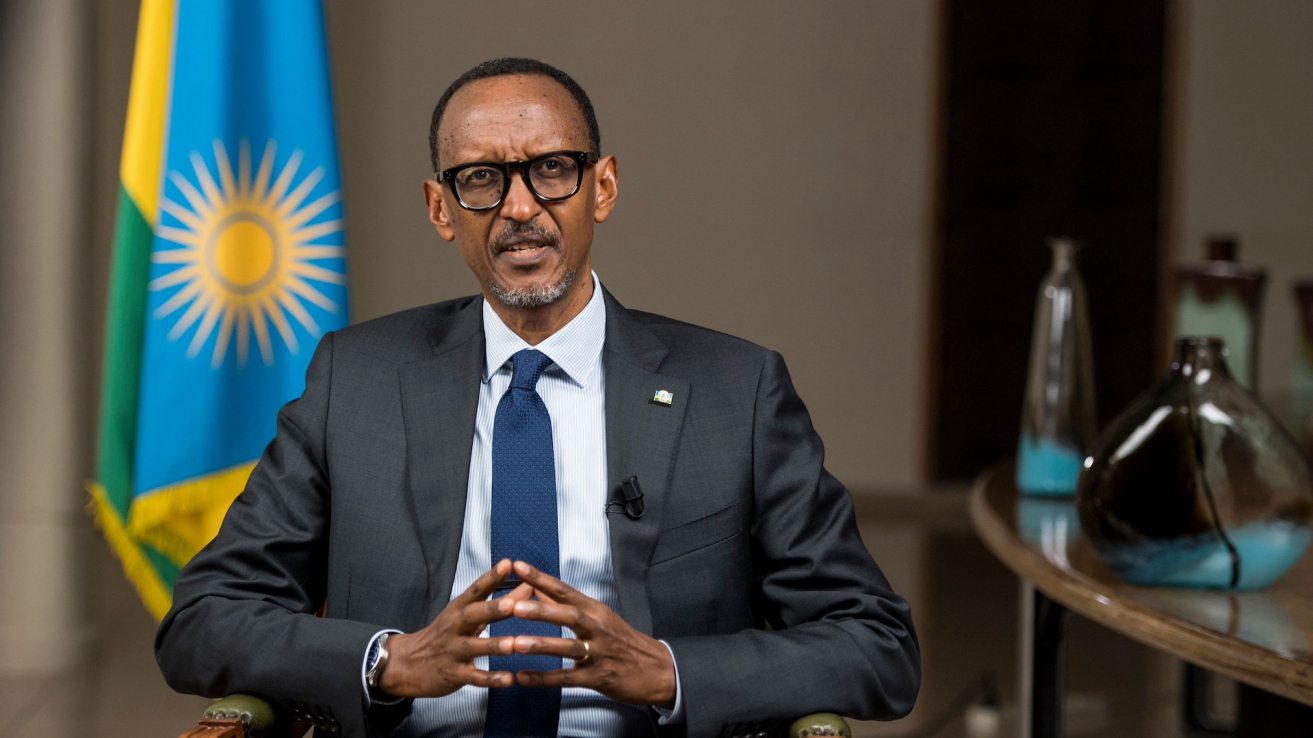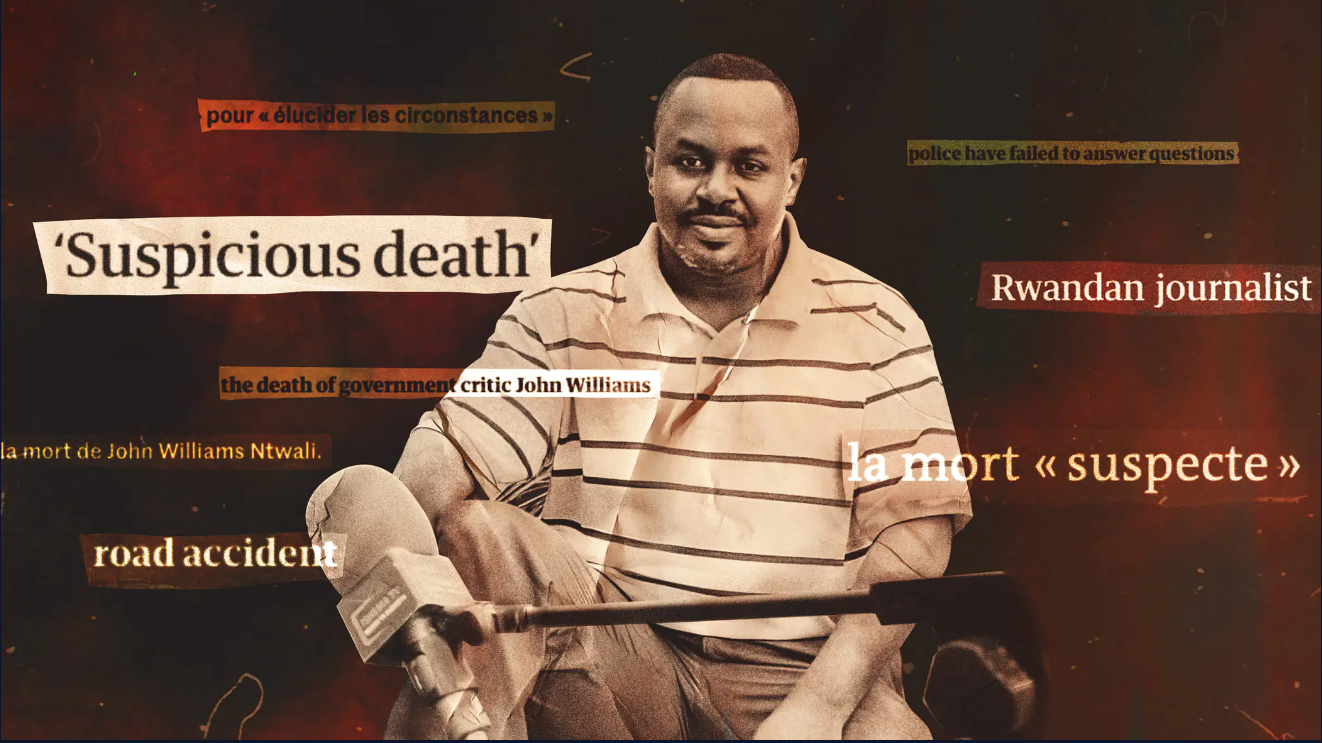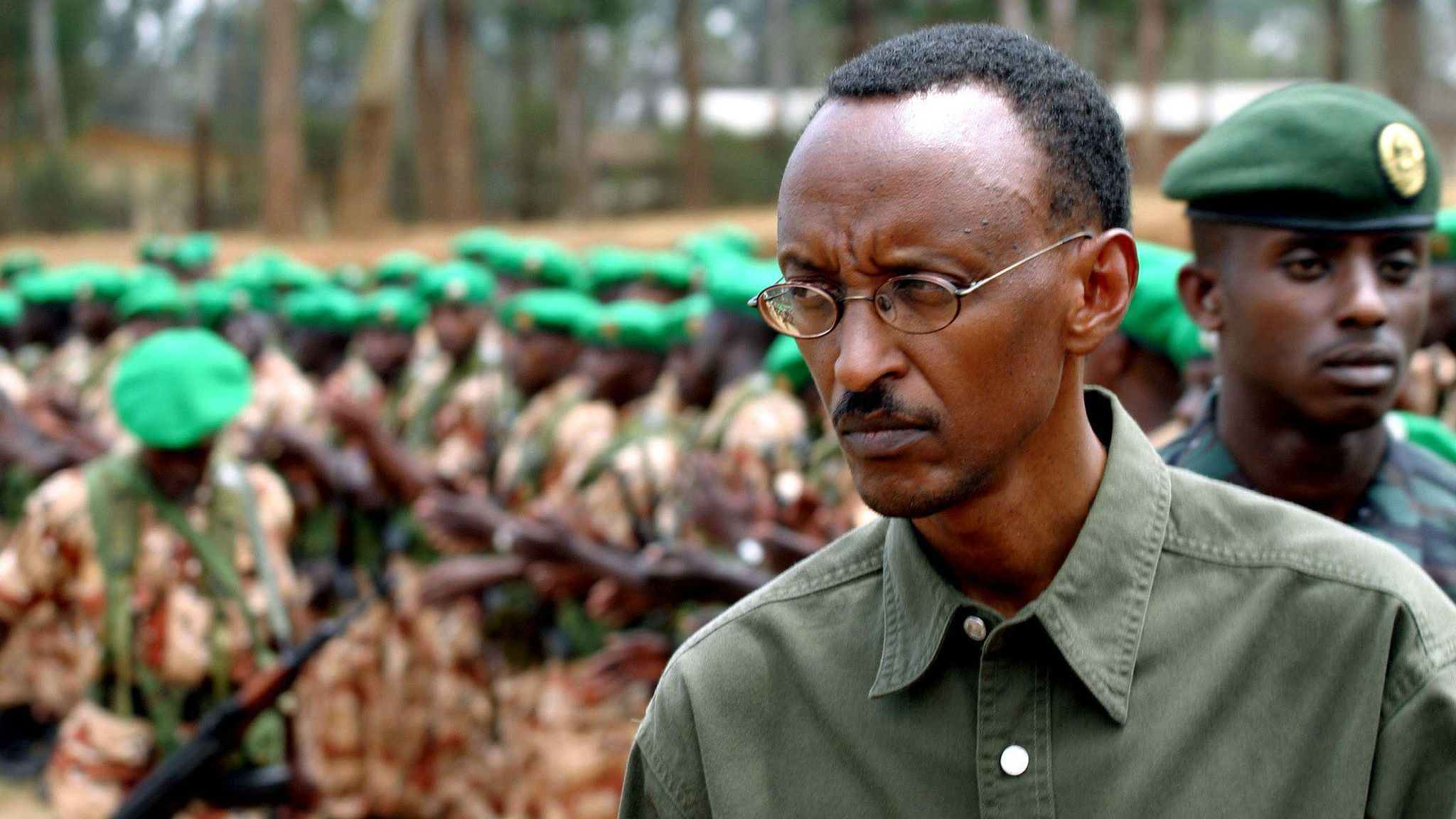
Rwanda’s Economic Collapse:
Over the past two decades, Rwanda has been praised in some circles as an African economic success story often labelled a “miracle.” Western diplomats, international donors, and some media have commended President Paul Kagame for achieving rapid ec...
April 17, 2025The High Price of Plundering Democratic Republic of Congo (DRC)
Over the past two decades, Rwanda has been praised in some circles as an African economic success story often labelled a “miracle.” Western diplomats, international donors, and some media have commended President Paul Kagame for achieving rapid economic growth while maintaining strict governance. However, a closer and more nuanced analysis reveals a troubling pattern: economic growth that is not only unsustainable but also propped up by foreign aid, elite cronyism, and the illicit exploitation of natural resources in the Democratic Republic of Congo (DRC).
Recent events and assessments from international financial institutions expose the increasing fragility and unsustainability of Rwanda’s economy. On 4 October 2024, Fitch Ratings affirmed Rwanda’s credit rating at 'B+', citing low GDP per capita, persistent twin deficits (budget and current account), and rising public and external debt. It forecast Rwanda’s debt-to-GDP ratio to climb from 73.5% in 2023 to a staggering 78.2% by 2025. Less than five months later, on 26 March 2025, Moody’s revised Rwanda’s economic outlook from “stable” to “negative,” pointing to the ongoing conflict in eastern DRC and growing risks of a withdrawal of foreign financial support and a sharp drop in tourism revenues.
This downward trend is largely attributed to Rwanda’s aggressive involvement in the DRC, where it has backed M23 rebels resulting in sanctions from major partners including the United States, United Kingdom, Germany, and the European Union. These punitive measures are beginning to impact Rwanda’s foreign aid flows and investor confidence, revealing the perils of a foreign policy driven by resource plunder rather than sustainable diplomacy. In early 2025, the UK announced a partial suspension of bilateral aid to Rwanda. Germany followed in March 2025 by halting all new financial commitments.
On 17 March 2025, the EU imposed sanctions on Rwandan army commanders, senior M23 leaders, and the head of Rwanda’s mining agency, accusing them of involvement in illegal resource extraction in eastern DRC. In response, Rwanda announced a severing of diplomatic ties with Belgium, accusing it of consistently undermining Kigali’s position.
Nearly a decade ago, I warned in an article titled “The So-Called Rwandan Economic Miracle Is a Mirage” that Rwanda’s supposed success rested on fragile foundations. The World Bank’s 2014 Economic Update had already confirmed that Rwanda had “failed to stimulate a significant transformation of its economy,” which remained overly reliant on an inflated public sector and dominated by non-tradable services funded by aid.
Today, little has changed.
Aid Dependency and Debt Spiral
In 2022, Rwanda received over $1.07 billion in official development assistance, down from $1.33 billion in 2021. While this decrease might appear promising, it actually masks a shift from grants to concessional and commercial loans. According to the IMF, Rwanda is expected to repay around $42 million in debt service between February and December 2025. Most of these repayments are under the Resilience and Sustainability Trust (RST) and the Poverty Reduction and Growth Trust (PRGT).
Debt is ballooning. Fitch forecasts Rwanda’s public debt will reach 78.2% of GDP by 2025. With the accelerated depreciation of the Rwandan franc (RWF), debt servicing becomes even more costly. From 2015 to 2025, the RWF lost about 100% of its value against the US dollar, plunging from 708 to 1,430 RWF/USD. Since 2022, this trend has worsened, increasing Rwanda’s external liabilities and amplifying inflationary pressures in an import-dependent economy.
The myth of Kagame’s “economic lion” is further undermined by the underdevelopment of the private sector.
A 2019 report revealed that just 0.4% of taxpayers were responsible for 91.4% of Rwanda’s total tax revenue, showing a heavy dependence on a very small number of large taxpayers. This concentration raises serious concerns about fiscal vulnerability should any of these key players face financial difficulties or exit the market.
Rwanda’s business environment remains dominated by small and medium-sized enterprises (SMEs), although updated statistics are limited. The Rwanda Revenue Authority (RRA) has acknowledged the importance of SMEs and continues to implement supportive policies to enhance their growth and tax compliance, recognising their essential role in driving economic activity and job creation.
According to the 2023 Labour Force Survey, Rwanda’s working-age population had reached 8.1 million, with 4.3 million in employment. However, around 3.6 millions of those jobs or 90.3% were in the informal sector. Only 9.7% of the workforce held formal jobs, underlining Rwanda’s structural challenge in formalising its labour market and ensuring more secure and regulated employment opportunities.
The economy remains anchored in subsistence agriculture and informal urban labour, revealing systemic underemployment and persistent inequality.
Crony Capitalism and State Capture
A central feature of Rwanda’s economic model is the overwhelming dominance of Crystal Ventures Ltd (CVL), the business conglomerate owned by the ruling party. CVL monopolises key sectors such as agro-processing, construction, real estate, and telecommunications. With privileged access to public contracts and social security funds, CVL has transformed Rwanda’s economy into a rent-seeking system that benefits a narrow elite circle.
Infrastructure Illusions
Rwanda’s infrastructure shortcomings further expose the cracks in the so-called economic miracle.
In 2022, the average per capita electricity consumption in Africa was about 92 kWh, according to the International Energy Agency (IEA). Although this represents a 3% increase since 2000, it is still far below the global average of 3,600 kWh per capita. The African Development Bank notes that the average for Sub-Saharan Africa (excluding South Africa) is around 180 kWh.
By comparison, Rwanda’s electricity consumption in 2022 was just 64.9 kWh per person slightly below the African average. This stagnation contradicts Rwanda’s internationally promoted image as a modern and technologically advanced nation.
Democratic Republic of Congo (DRC).: A Gamble Too Far
Rwanda’s illicit involvement in eastern DRC, aimed at looting mineral resources to sustain its fragile economy, is now backfiring. Rather than offering an economic lifeline, this strategy has triggered international condemnation, sanctions, and a potential freeze in foreign aid and investment. The cost of military engagement, coupled with the economic fallout from sanctions, is worsening Rwanda’s already critical fiscal situation.
Furthermore, Rwanda risks growing diplomatic isolation and may face deeper financial crises as more donors question the ethics and effectiveness of their support.
The End of the Illusion
Rwanda’s economic model built on foreign aid, opaque governance, elite rent-seeking, and regional destabilisation is no longer sustainable. The narrative of an “African economic lion” is collapsing. The illusion is becoming harder to maintain as debt surges, the currency depreciates, aid diminishes, and investor confidence erodes.
What lies ahead is an economy on the brink of collapse. Without radical reforms to ensure transparency, genuine private sector development, a peace-driven foreign policy, and meaningful human rights improvements, Rwanda is heading toward increased instability and suffering.
The international community must also reconsider its role: supporting authoritarian regimes with praise and financial aid does not equate to sustainable development. The sooner this illusion is abandoned, the sooner real and inclusive progress can begin.
See Also:

Bribery, Lashes, Death And TVE...
Rehabilitation or transit centers are spread across different parts of Rwanda. As per official narra...
Articles
Why Kagame Would Not Win A Fre...
In a hypothetical scenario where free and fair elections were conducted in Rwanda, it is highly ques...
Commentary & Analysis
Denying A Genocide By Investig...
They are going to say that we deny the genocide,” the colleague at Forbidden Stories – the project o...
The Rwanda Classified Project Investigations
Kagame’s Dual Grip: Repression...
Paul Kagame's regime in Rwanda is a striking example of how modern autocrats keep a firm hold on pow...
Commentary & Analysis